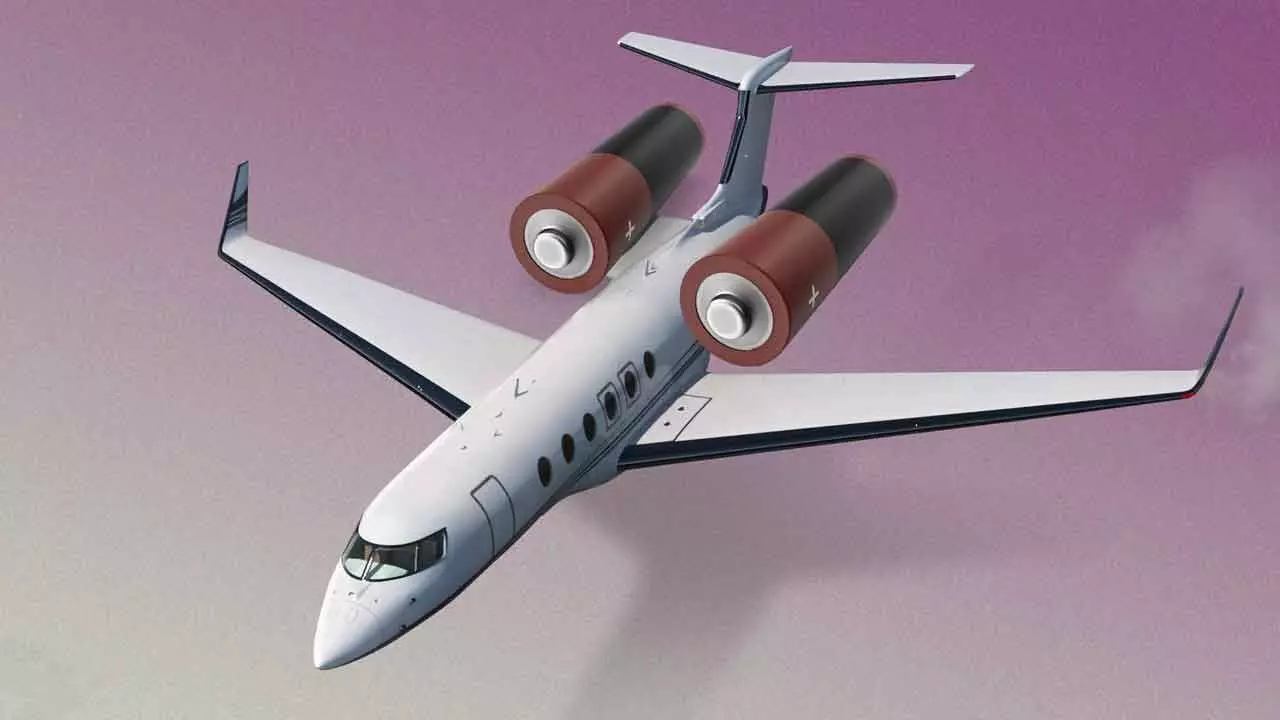Aviation industry bets big on proven value of lithium-ion batteries
image for illustrative purpose

Lithium-ion batteries for aerospace are advanced energy storage devices specifically designed for use in aircraft and spacecraft. They offer high energy density, lightweight construction and reliable performance, making them ideal for powering various aerospace applications, including electrical systems, emergency power backup, navigation equipment and auxiliary power units. The demand for lithium-ion batteries in the aerospace industry has been increasing in recent years, owing to the growing shift towards electric and hybrid-electric aircraft. The adoption of electric aviation is driven by the desire to reduce carbon emissions, improve fuel efficiency and enhance flight range. With their high energy density and longer cycle life, they are seen as a key component to meet these requirements and enable the development of sustainable aerospace transportation. Currently, aerospace market is experiencing significant growth of these batteries, which is a trend that is expected to continue in the coming years. The market is driven by factors like pumping in more investments in the development of electric aircraft, an increase in the demand for long-duration drone flights and the compelling need for reliable and lightweight power sources in space applications.
Additionally, advancements in battery technology, such as the development of solid-state lithium-ion batteries, are further expected to enhance the market growth. The number of lithium batteries is increasing rapidly: A 2022 analysis by McKinsey suggests that the entire lithium-ion (Li-ion) battery chain, from mining through recycling, could grow more than 30% annually from 2022 to 2030, reaching some $400 billion in value. Lithium batteries are the preferred power sources for most modern day consumer goods, including smartphones, laptops and toys and gadgets. Given that they have high energy density compared to other battery chemistries, they are also used for most electric vehicles. There is a corresponding rise in lithium battery shippers: As the market increases, so does the number of new players. Unfortunately, some are not always aware of, or compliant with, dangerous goods regulations. The rate of improvement in power output is accelerating. Consumers are demanding more from their battery life and capability and manufacturers are working hard to deliver. Global lithium-ion battery market is expected to grow from $ 44.billion in 2020 to $ 94.4 billion by 2025as the world shifts to more renewable, climate friendly energy devices.
This isn’t just a safety issue either. In an era of booming e-commerce, it is vital for airlines to reduce the number of rejected packages. Shippers or freight forwarders may have to pay sizeable fines if a package containing a lithium battery is incorrectly labelled or packed. Moreover, air cargo has become a vital revenue source to the airline bottom line and in 2023 alone it contributed more than $140 billion. Serving e-commerce effectively will therefore be crucial to the industry’s financial sustainability. According to ICAO and McKinsey, 80% of cross-border e-commerce business-to-consumer shipments are carried by air. However, challenges related to safety concerns, high costs and limited energy storage capacity may hinder the market growth to an extent. Nonetheless, ongoing research and development activities aimed at improving battery performance and reducing costs are expected to drive the future growth of the lithium-ion batteries for the aerospace market.

